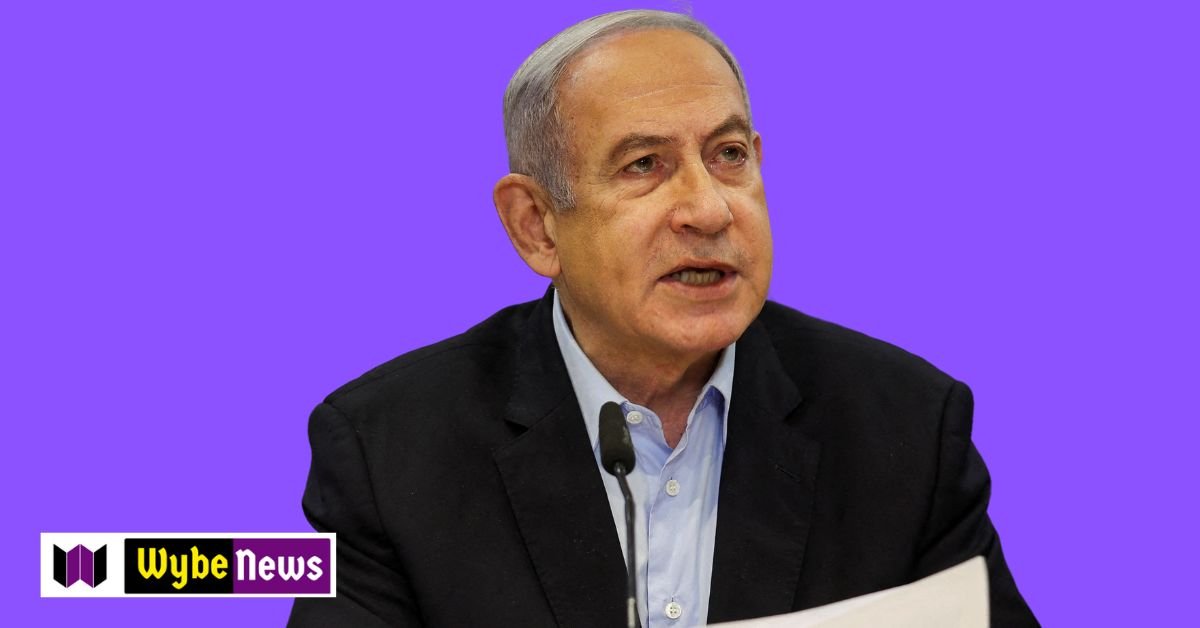Netanyahu Asserts Israel’s Stance on Hostage Release Amid Coalition Rifts

In the midst of internal disagreements within the Israeli coalition and escalating tensions over the US push for aid to Gaza, Prime Minister Benjamin Netanyahu emphasized on Sunday that Israel would not accept a deal at any cost to release hostages held by Hamas.
The comments come amid an ongoing coalition dispute between religious nationalist factions opposed to concessions to the Palestinians and a centrist group that includes former army generals. Netanyahu, addressing the media ahead of a cabinet meeting, stressed that efforts to free the hostages were ongoing but made it clear that not every deal would be accepted, and certainly not at any price.
The rift within the coalition deepened as far-right National Security Minister Itamar Ben-Gvir, advocating for the return of Jewish settlers to Gaza, openly criticized US President Joe Biden for supporting humanitarian aid deliveries to Gaza. Ben-Gvir’s comments also included expressing preference for former President Donald Trump.
Netanyahu, without directly naming Ben-Gvir, appeared to rebuke the minister’s criticism of Biden. The Prime Minister rejected the notion that assistance was needed in navigating relations with the US and the international community while upholding Israel’s national interests.
Meanwhile, US Secretary of State Antony Blinken’s visit to the region added another layer to the complex dynamics. White House national security adviser Jake Sullivan announced that the United States would persist in its efforts to provide more aid to Gaza, which is grappling with an acute humanitarian crisis.
The internal political tensions underscore the delicate situation in Israel, still grappling with the aftermath of the October attack by Hamas gunmen that resulted in significant casualties and forced a large part of Gaza’s population to evacuate. As efforts to secure the release of hostages continue, the political landscape remains tense, emphasizing the challenges facing the Israeli government both internally and in managing its relations with international allies.






